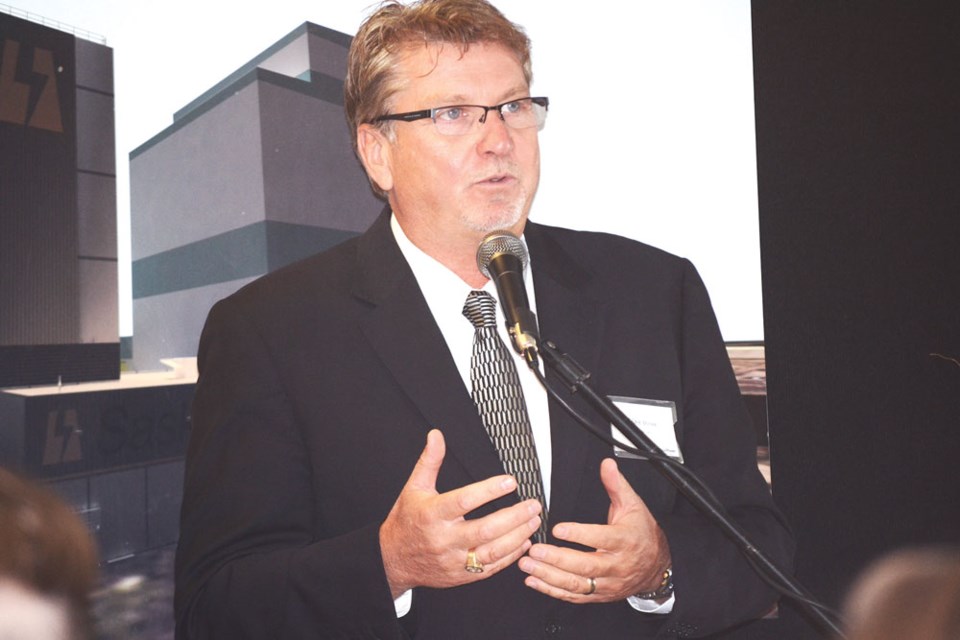The International CCS Knowledge Centre in Regina has signed two memoranda of understanding (MOU), one with the Research Institute of Shaanxi Yanchang Petroleum Corp. Ltd. and the other with the China National CCUS Centre in Shaanxi.
The agreements are expected to accelerate demonstration and development of carbon capture use and storage (CCUS) in China, while advancing commercial CCUS application in that country and enhancing China’s future energy security.
Saskatchewan is recognized as a world leader in CCUS, as it is home to the first commercial-scale carbon capture and storage (CCS) project using post-combustion technology on a coal-fired power plant at SaskPower’s Boundary Dam Power Station near Estevan.
This partnership will enable both parties to further improve and enhance knowledge on the clean energy technology to help reduce carbon dioxide levels around the world.
The MOUs were signed during a special half-day event on CCUS jointly hosted by the International Energy Agency and the International CCS Knowledge Centre in Beijing earlier this month.
The event was opened by Sun Zhen, the deputy director-general responsible for climate change initiatives with China’s National Development and Reform Commission, who also witnessed the signing of the MOUs together with Xu Dakang, director of climate change for the Shaanxi Provincial Development and Reform Commission.
“These partnerships – with one of the leading petroleum producers in China, and with a nationally approved centre that seeks to advance CCS – enable the International CCS Knowledge Centre to deliver on its mandate of advancing the understanding and use of CCS around the world to reduce global greenhouse gas emissions,” said Mike Monea, the president and CEO of the International CCS Knowledge Centre.
“With Shaanxi Yanchang we intend to accelerate the development, demonstration and deployment of commercial CCUS to reduce greenhouse gases and help provide energy security in China.”
Specifically, the International CCS Knowledge Centre and Shaanxi Yanchang will collaborate to complement and foster a staged approach for CCUS deployment in China’s energy system in both the short and long term; facilitate capacity building and training opportunities, in both countries, at various stages of project development, implementation and operation; and strive to reduce costs of CCUS implementation based on best practices and lessons learned from the
Boundary Dam CCS Facility and enhanced oil recovery (EOR) operations in Saskatchewan.
The MOU with the China National CCUS Centre (also known as the National and Local Joint Engineering Research Centre of Carbon Capture and Storage Technology) will lend expertise, build capacity and provide support to Chinese industries, governments and institutions through knowledge sharing, capacity building and informing on regulatory, strategy and policy considerations.
Earlier on the same day, the Chinese government inked an MOU with the Asian Development Bank to provide funding support to the large-scaled CCUS project development to be undertaken by the Shaanxi Yanchang Petroleum Group and the China National CCUS Centre.
“We are very excited about the opportunities we see in Shaanxi Province as a national research and CCUS promotion centre in China and we are honoured to be able to work with two key organizations to help facilitate the advancement of CCS in China,” said Monea.



